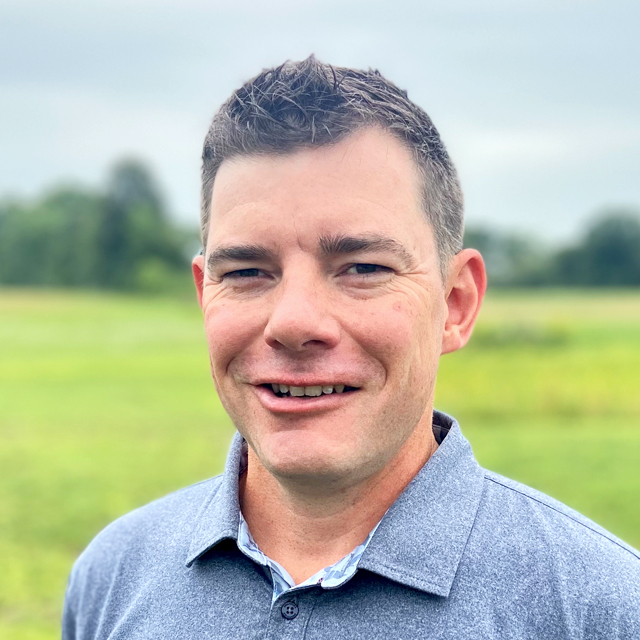Tahohtharátye (Joe Brant)
Assistant Professor, Department of Linguistics and Centre for Indigenous Studies
 Tahohtharátye (Joe Brant) is an assistant professor cross-appointed to the Department of Linguistics & the Centre for Indigenous Studies. He holds a bachelor of education from Queen's University and a master of education in Indigenous Language Revitalization from the University of Victoria.
Tahohtharátye (Joe Brant) is an assistant professor cross-appointed to the Department of Linguistics & the Centre for Indigenous Studies. He holds a bachelor of education from Queen's University and a master of education in Indigenous Language Revitalization from the University of Victoria.
Tahohtharáratye is a teacher and former elementary school principal, and serves as Mohawk Language/Land-Based Learning Lead at Tyendinaga Mohawk Territory. He is an advanced-proficiency speaker of Kanyen’kéha (Mohawk language) and has dedicated much of his adult life to Kanyen’kéha learning and revitalization in his family and community. He is the proud father of the first, first-language Mohawk speakers in his community in over 60 years. As an adult second-language learner of Kanyen’kéha, he has been dedicated to learning the language and passing it on to his children and other Mohawk language learners of all ages.
Entitled Ratiwennókwas, his latest research project is centred on researching Mohawk language learning and first-language speaker documentation as part of a SSHRC-funded project partnership between Tsi Tyónnheht Onkwawén:na Language and Cultural Center in Tyendinaga, and NEȾOLṈEW̱, led by Professors Onowa McIvor and Peter Jacobs through the University of Victoria. Ratiwennókwas literally translates to English as “they are pulling the words out of the water.” This title correlates with the project goals of documenting, retaining, activating and transmitting Kanyen’kéha first-language speaker data that may have otherwise been lost “down the river” forever. Ratiwennókwas gatherings capture invaluable audio and video recordings of first-language Kanyen’kéha speakers and help produce authentic second-language learning resources.
The process and products from first-language Mohawk speaker documentation are increasingly important in Mohawk Nation communities, such as Tyendinaga Mohawk Territory, where there are no longer adult first-language fluent Mohawk speakers. As the population of first-language Indigenous speakers continues to decline internationally, the documentation, activation and transmission of authentic additional-language learning material is crucial in maintaining an Indigenous language’s cultural and linguistic integrity. Tahohtharátye is beginning doctoral research in late 2021 to explore Mohawk language documentation methods and the use of Mohawk language documentation in the teaching of adult learners.

